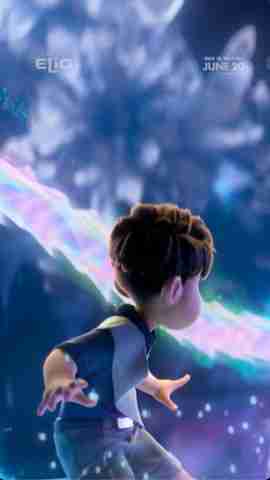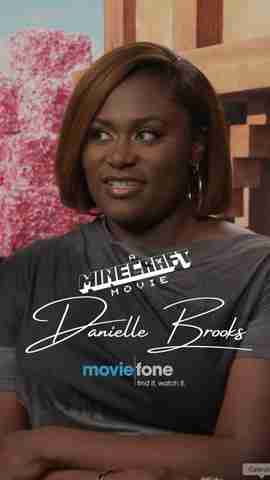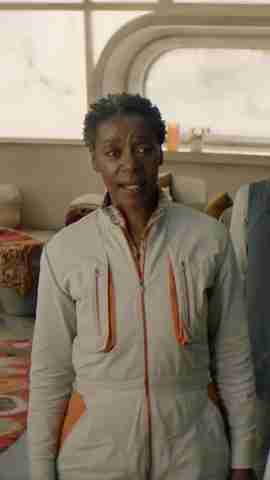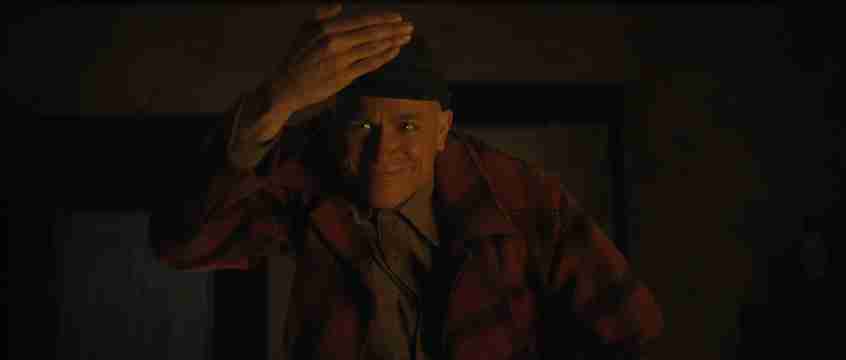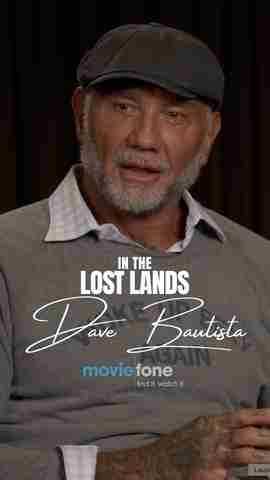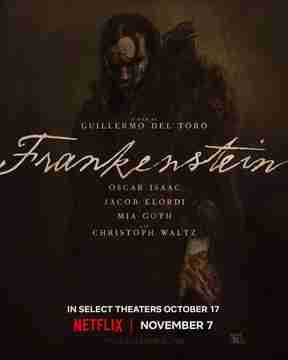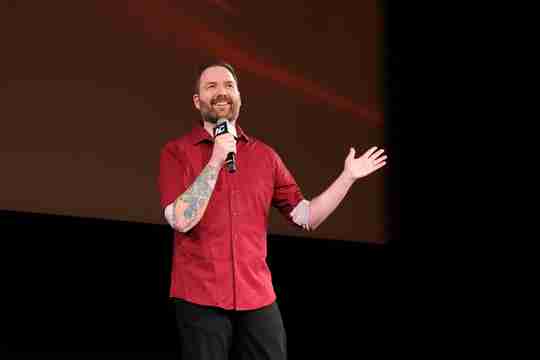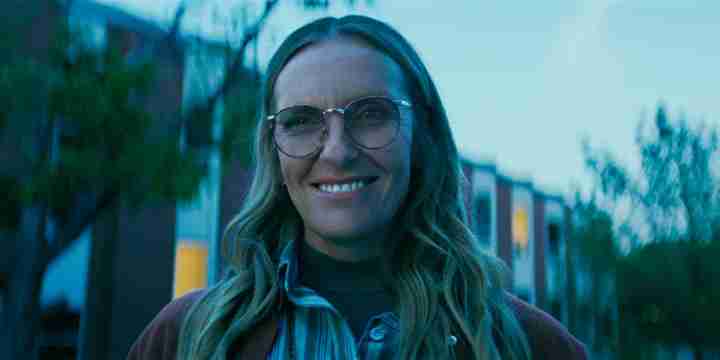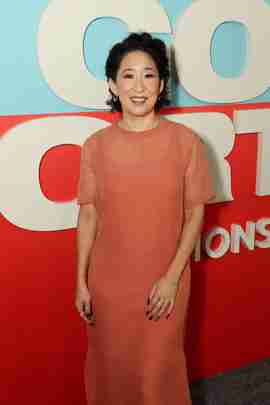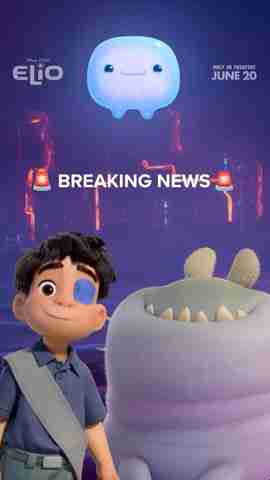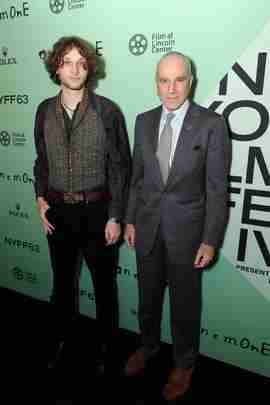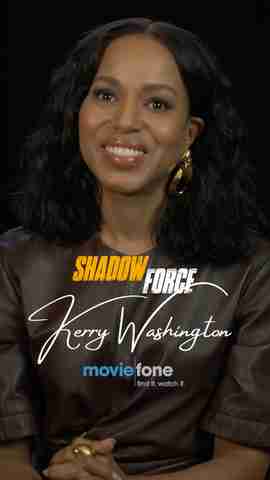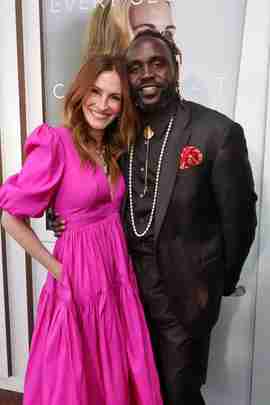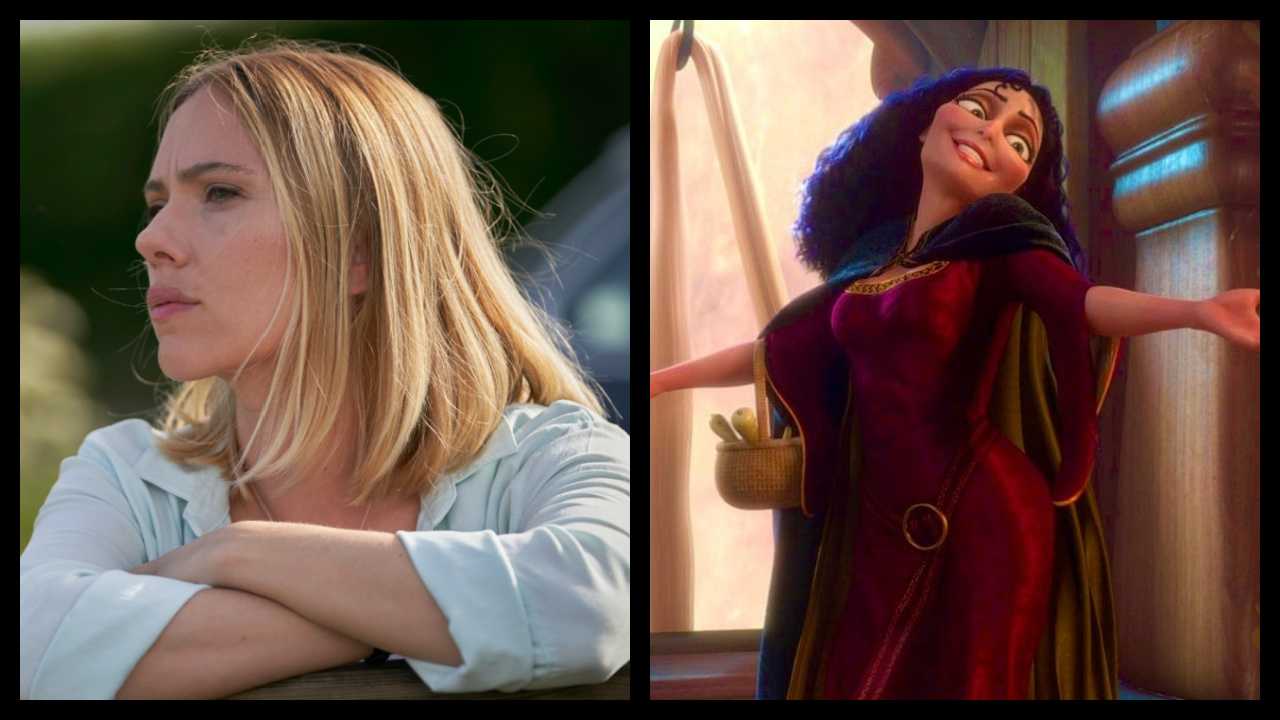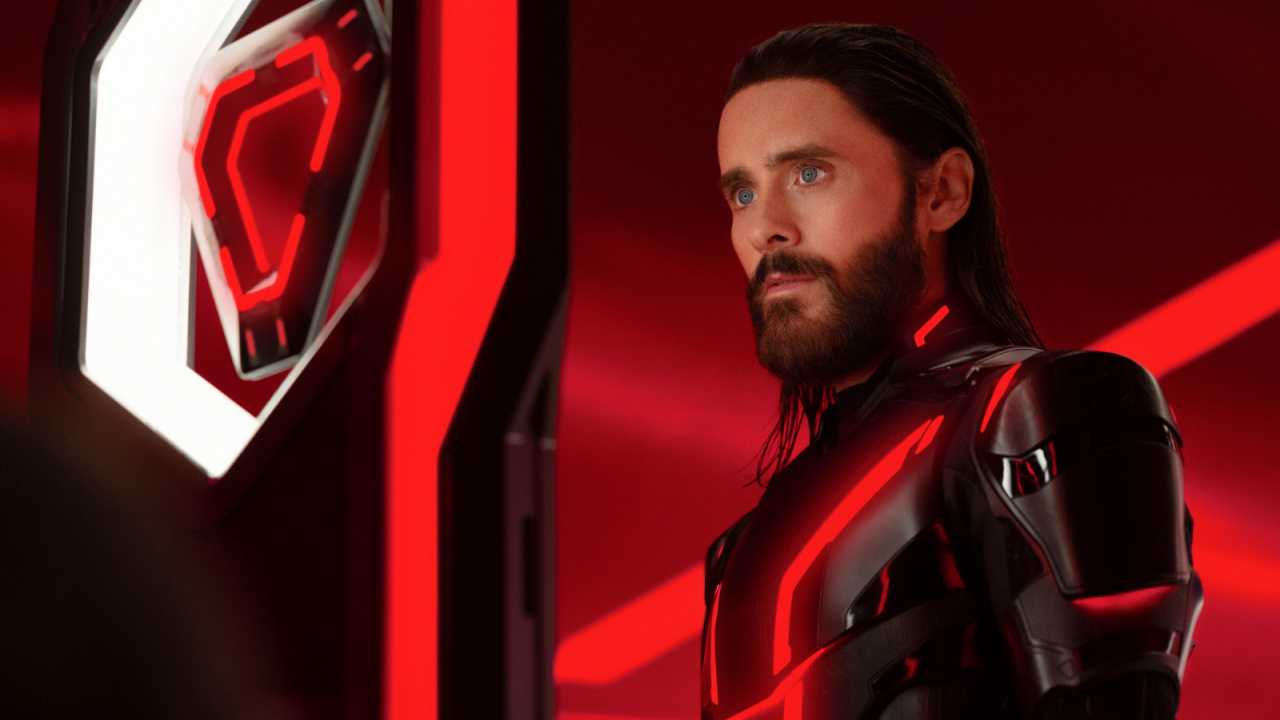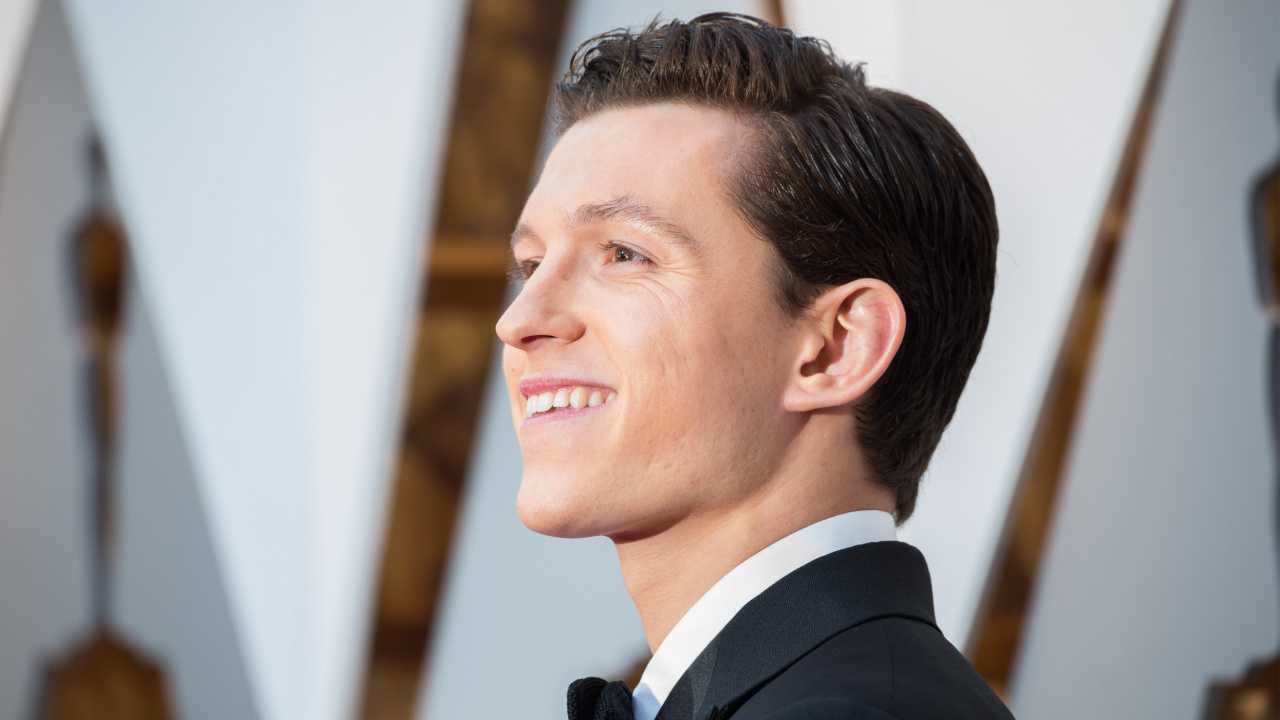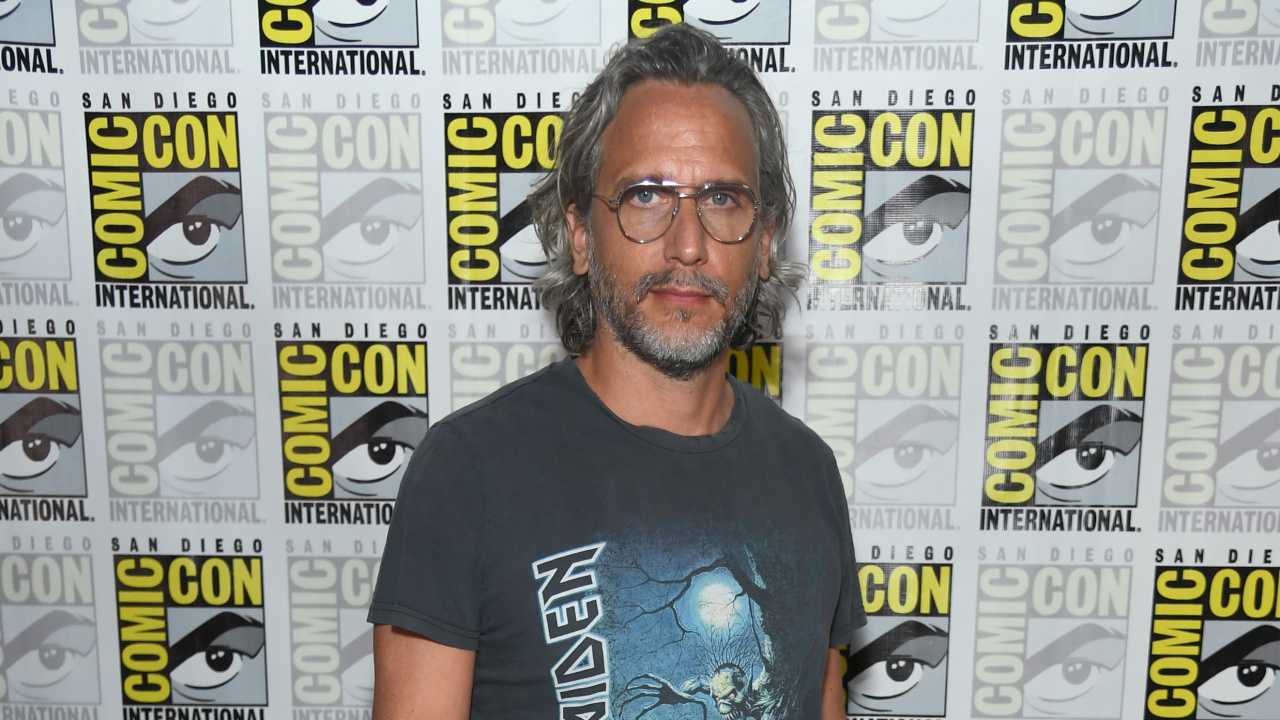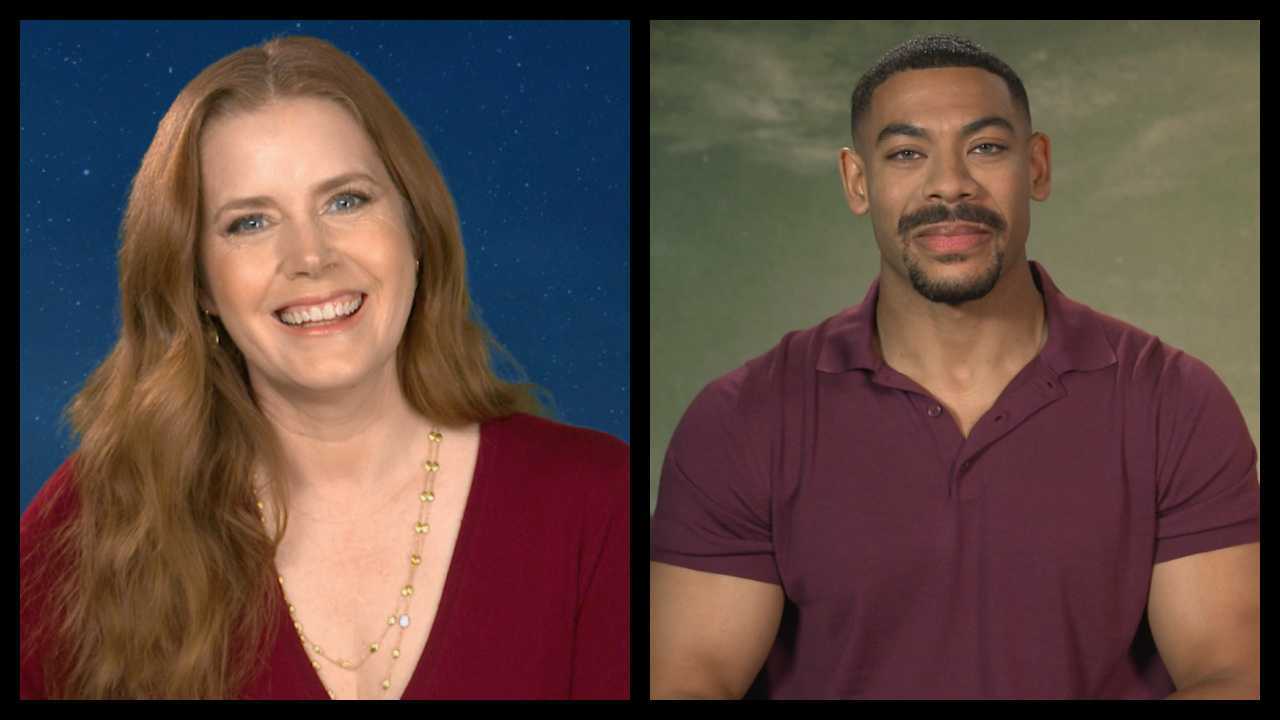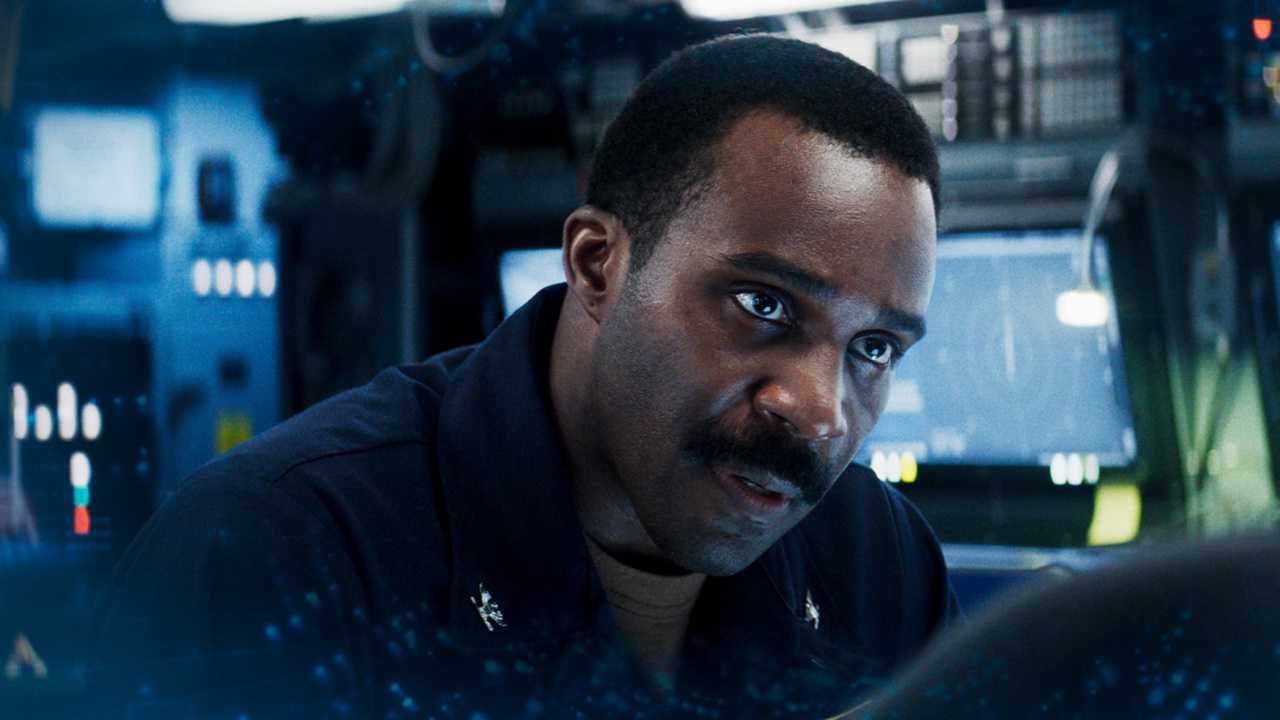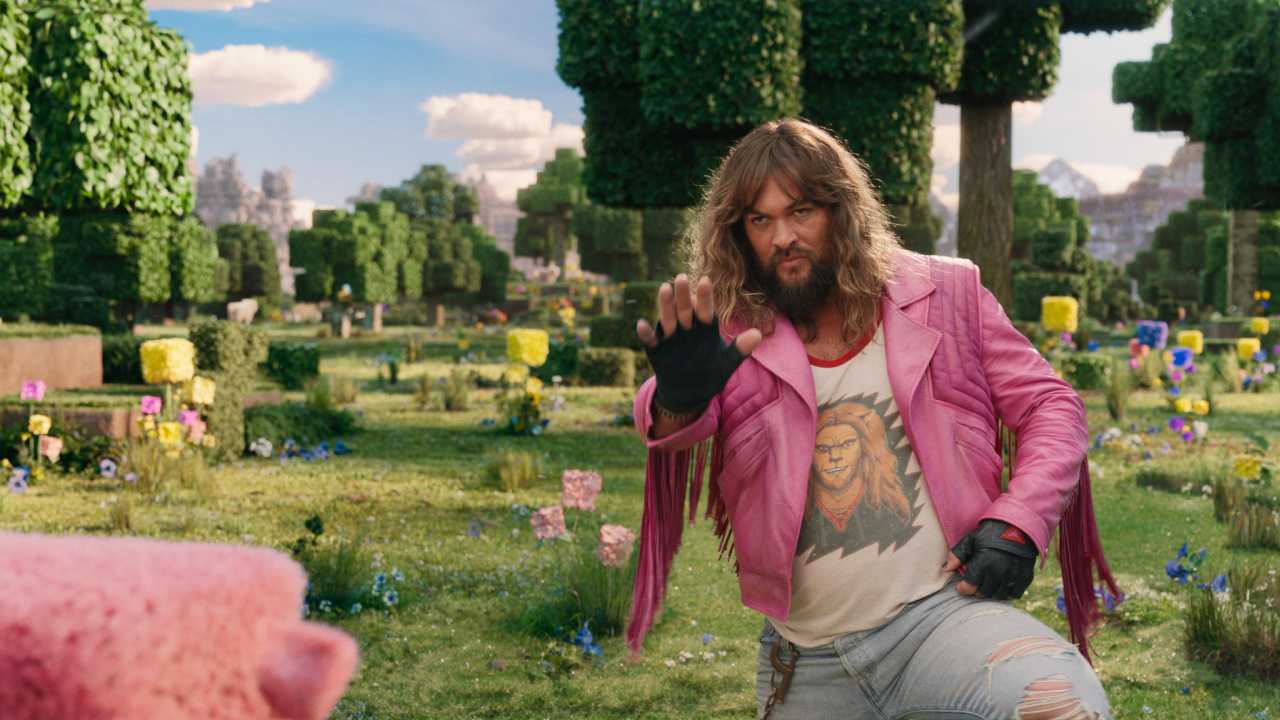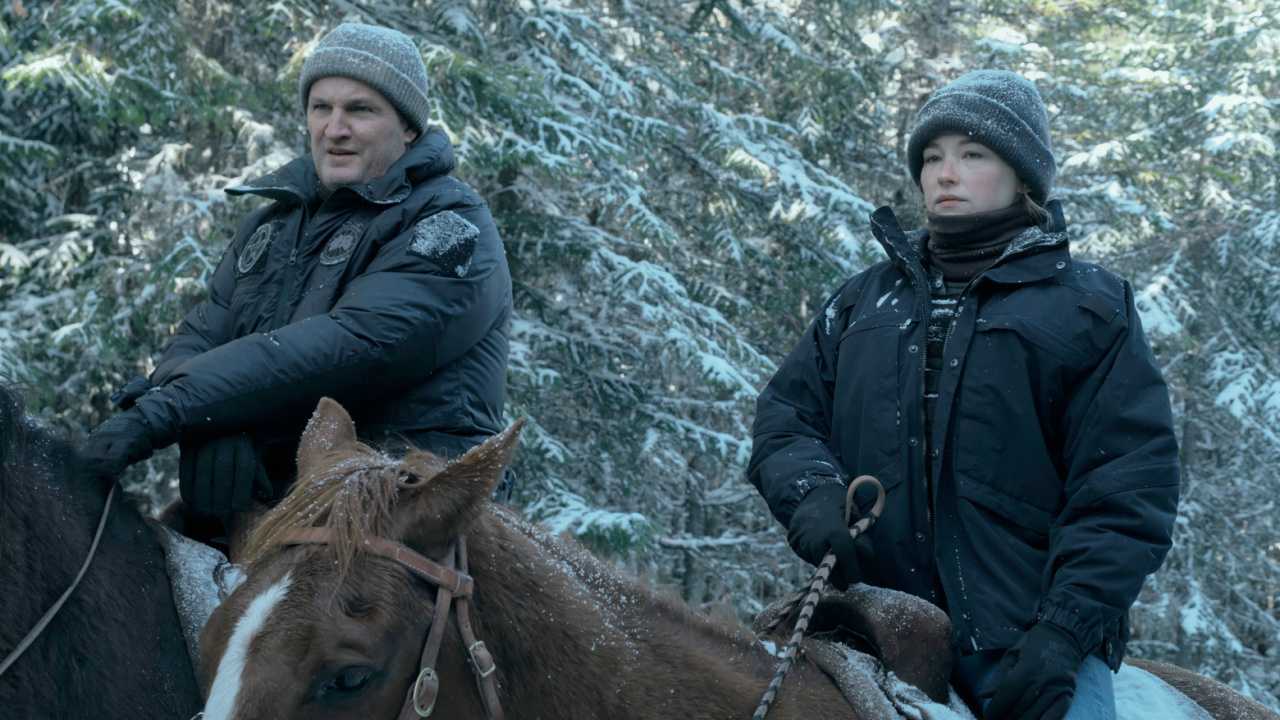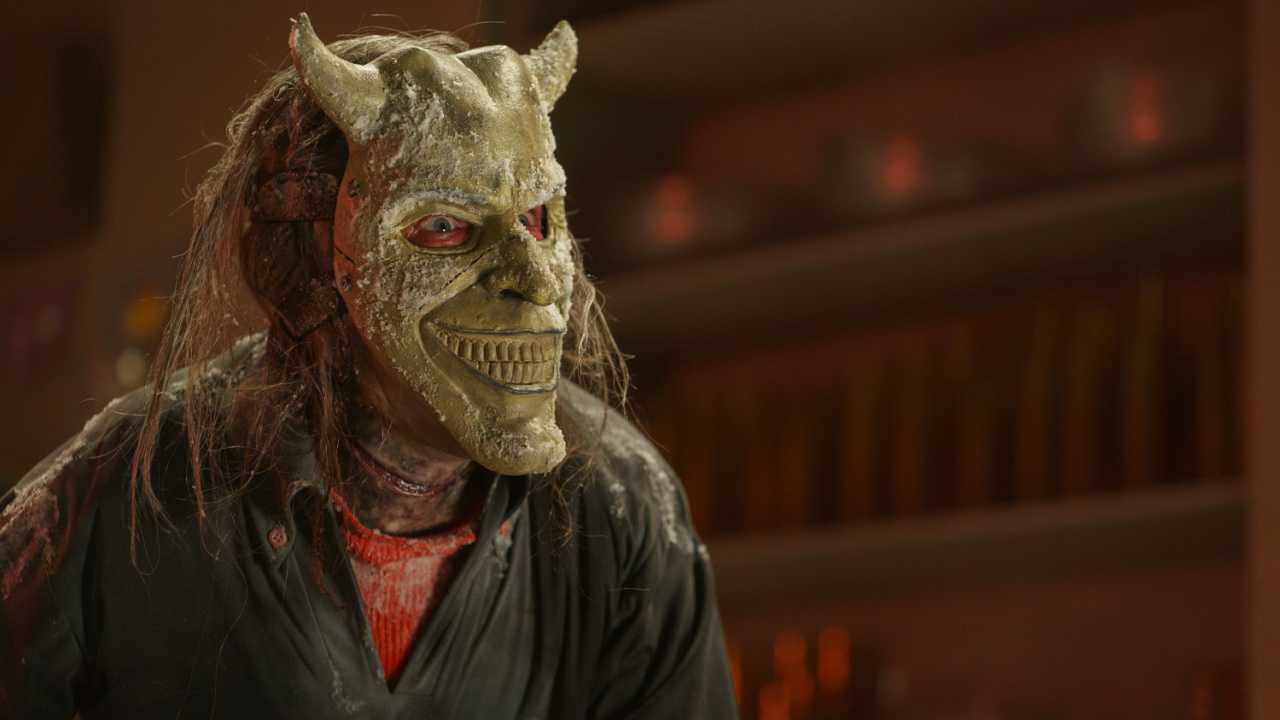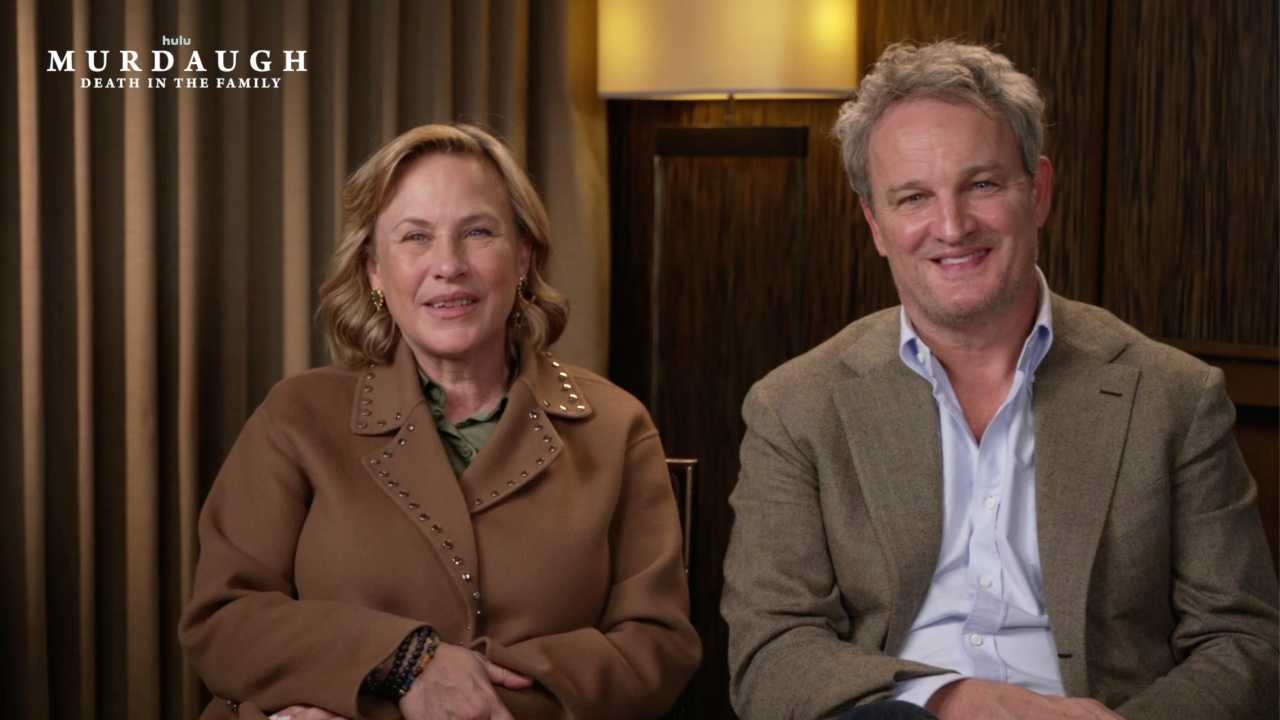9 Reasons Why 'Black Panther' Changed Everything at the Box Office
Everyone knew "Black Panther" would be huge, but record-breaking-like-a-summer-movie huge?
Just a week or so ago, experts had it beating the February opening-weekend record of $132 million that "Deadpool" set two years ago. But the new Marvel movie's numbers left that R-rated film's record in the dust.
With an estimated three-day debut of at least $195 million, "Black Panther" is not only the biggest February opening of all time, but the fifth biggest opening weekend of all time. It's the second biggest Marvel opening ever, behind only the $207 million of "The Avengers." (It also beat "Avengers: Age of Ultron's" three and four day record, which is scary-good.)
Over the four-day President's Weekend holiday, Disney is projecting that "Black Panther" will earn $218 million.
Even Disney claims to be surprised by how big "Black Panther" is. "The volume of business is bigger than any of us could have imagined," Disney Executive Vice President for Theatrical Distribution Dave Hollis tells Moviefone. "Maybe we shouldn't be surprised by anything anymore," he adds.
Still, he says, "the fact that this stand-alone character story is rivaling the first 'Avengers' film is a staggering and unbelievably satisfying result."
There's a lot of credit to go around for the movie's success. Much of what "Black Panther" had going for it is obvious, but some is less so. Here are nine factors that made the Wakanda saga a winner.
1. It's Marvel
The Marvel brand is now as reliable to audiences as Disney's other major brands, Pixar and "Star Wars." This is the 18th Marvel Cinematic Universe movie and the 18th to open at No. 1. (And the ninth to open above $100 million.) "Black Panther" also earned the rare A+ CinemaScore, which Marvel got once before with 2012's "The Avengers."
Of course, the synergy among the far-flung strands of the MCU helps, too. General audiences may not have known who T'Challa was a couple years ago, but introducing him in "Captain America: Civil War" (2016) was effectively the early launch of the marketing campaign for his stand-alone film. (Though Hollis says that the MCU movies started planting Easter eggs about Wakanda even before that, as far back as 2010's "Iron Man 2.") Speaking of that campaign...
2. Disney's Marketing Muscle
You can't accuse the studio of skimping on promotion, that's for sure.
The widely reported figures have Disney spending nearly $200 million to make "Black Panther" and another $150 million marketing it. Those are typical figures for an MCU installment. Even so, the Wakanda tale reportedly has a bigger line of merchandise and toys than other Marvel films, and it's certainly been unavoidable in advertisements and promotional partnerships with various retailers. Then again, Disney also benefitted from a ton of free promotion from entertainment and business journalists who wrote about what a game-changer the film would be.
3. Timing
It's hard to overstate how important it was for African-Americans to have the opportunity to see a big-budget studio movie with a predominantly black cast, a black director and screenwriters, and most of all, a black superhero whose noble and inspirational qualities go well beyond his physical powers.
Not only are African-Americans an audience hungry to see heroic, complex, fully human representations of themselves on screen, but they're also avid moviegoers who tend to make up a disproportionate number of the ticket-buyers at the multiplex. A pre-release poll suggested that three out of every four African-Americans wanted to see "Black Panther." Various tracking services have reported that they made up about 40 percent of the "Black Panther" audience.
Hollis says Disney now makes a priority of inclusion and representation, not just to be politically correct, but because it makes for better movies and bigger business.
"Audiences deserve to see themselves on screen, not just because it's the right thing to do, but because it makes for better, richer storytelling," he says. He points to such recent hits as the female-fronted "Star Wars" movies, "Moana," and "Coco" as signs that this strategy is paying off both critically and commercially.
4. Social Media
For at least a year, "Black Panther" has been a huge topic on Twitter. Such hashtags as #WhatBlackPantherMeansToMe have made "Black Panther" the most tweeted-about film of 2018.
And according to social media tracker RelishMix, fans tweeting about the film as the leave the theater are nearly three times as active as "Star Wars" fans leaving "The Last Jedi" were. Also, the film is Marvel Studios' best reviewed effort -- at 97 percent "Fresh" on RT.
There was some organized anti-"Black Panther" trolling online, from bombing the film with negative reviews on Rotten Tomatoes in order to depress the movie's audience score, to trying to discourage attendance by posting faked photos of supposed outbreaks of violence at theaters showing the movie. But those efforts appeared to have no effect on turnout. Facebook stepped in to shut down one troll group, and fans are apparently getting more sophisticated at recognizing such campaigns as astroturf.
5. That Soundtrack Is Great
Honestly, when was the last time you even cared about a movie's accompanying original soundtrack album? (Well, maybe Marvel's two "Guardians of the Galaxy" films.)
Kendrick Lamar's "Black Panther" album, announced less than two months ago, has created its own unique advance buzz for the film. It has leveraged the rapper's own fanbase and social media following (as well as those of guest performers The Weeknd and SZA) to help promote "Black Panther."
6. Critics and Fans Love the Movie
For all the talk about T'Challa as a role model, especially for kids of color, "Black Panther" played to a heavily adult audience. Disney reports that 73 percent of the audience was adults seeing the movie without kids in tow, and that 61 percent of the audience was over 25. That's not atypical for a Marvel movie, and Hollis says he believes more kids will buy tickets in the days to come, especially with Monday being a school holiday.
To the extent that the older audience is one that still relies on critics, it certainly helped that reviewers gave the movie an aggregate 97 percent at Rotten Tomatoes. Paying customers liked the movie as much as critics did, judging by the aforementioned A+ CinemaScore.
7. Women Like the Movie, Too
CinemaScore also found an even split between men and women among ticket-buyers; Disney tracking found the audience skewed just a little more male, with 55 percent men and 45 percent women. Still, that near-even ratio suggests that "Black Panther" has even more appeal to female audiences than many Marvel movies.
The reason, naturally, is that T'Challa is surrounded by strong female characters, literally so in the case of The Dora Milaje, a squad of very capable female warriors/bodyguards. In terms of putting both black and female characters at the center of the film, Hollis calls the movie a "twofer" of inclusiveness.
8. Weak Competition
Not that anything was going to come close to "Black Panther," but the rest of the multiplex was practically filled with crickets and tumbleweeds.
"Peter Rabbit" held on to second place in its second weekend, but that meant a take of just an estimated $17.3 million. Animated comedy "Early Man" got great reviews, but it wasn't able to capitalize on the family audience that was "Black Panther's" only real vulnerability. According to estimates, it premiered in seventh place with a weak $3.2 million, about a third of its pre-weekend predicted take.
No doubt "Early Man" suffered from having too much other competition for the family market, including "Peter Rabbit" and the unstoppable "Jumanji: Welcome to the Jungle" (with an estimated $7.9 million, good for fourth place). And the other new wide release, "Samson," tried to draw the churchgoing crowd, but the Biblical hero didn't even put a dent in the comic-book hero. Opening in tenth place, "Samson" debuted a hair shy of $2 million, also less than half of what was predicted.
"We picked a date intentionally that was less crowded," Hollis says. Not only was there not much competition this weekend, but "Black Panther" will have the mainstream marketplace to itself for another three weeks, until the release of the next Disney epic from an African-American filmmaker: "A Wrinkle in Time," which is tracking to open above $20 million.
9. Shattering International Expectations
Disney's inclusiveness-and-representation strategy seems to be paying off beyond the United States. (As Hollis says, "We make movies for a global audience, from all walks of life.")
Opening in much of the rest of the world this weekend, "Black Panther" earned an estimated $169 million overseas. The film's $361 million global weekend doesn't even include such major markets as China, Japan, and Russia, where the movie has yet to open.
It's long been conventional wisdom in Hollywood that movies with black stars don't do well abroad -- at least not enough to please Hollywood accountants, who are used to blockbuster releases earning more than half of their global take outside the U.S. The international successes of such stars as Will Smith, Denzel Washington, and the diverse"Fast & Furious" franchise cast should have put that myth to bed long ago. If not, it should end with the near-even split between "Black Panther's" domestic and international takes.
As "Black Panther" hurtles toward a potential billion-dollar global take, that old way of thinking is one more glass ceiling that T'Challa will probably shatter.
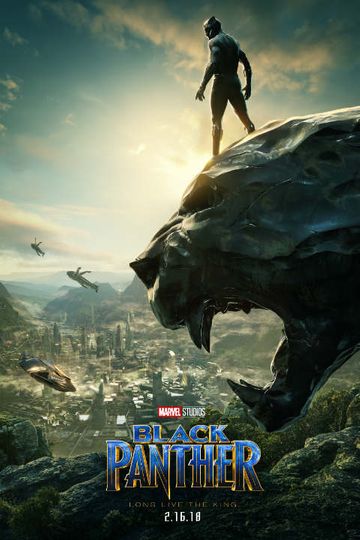
Black Panther

